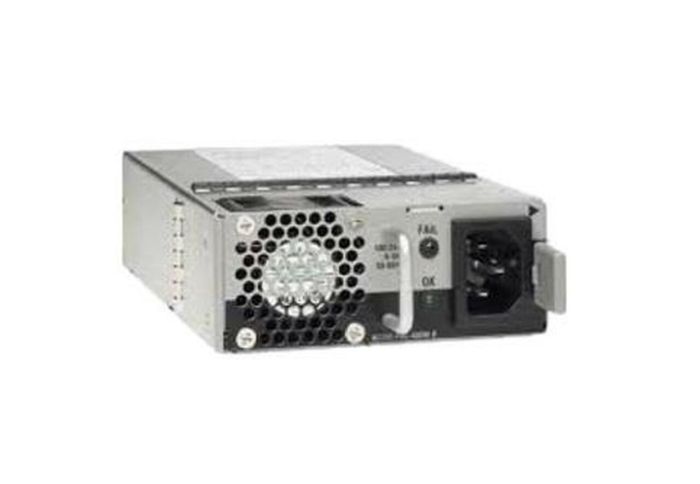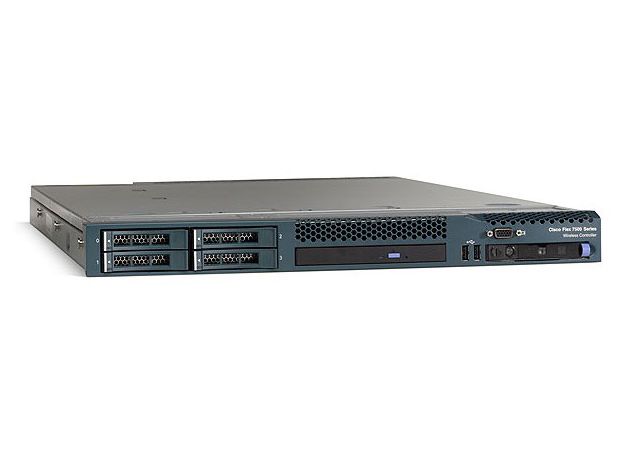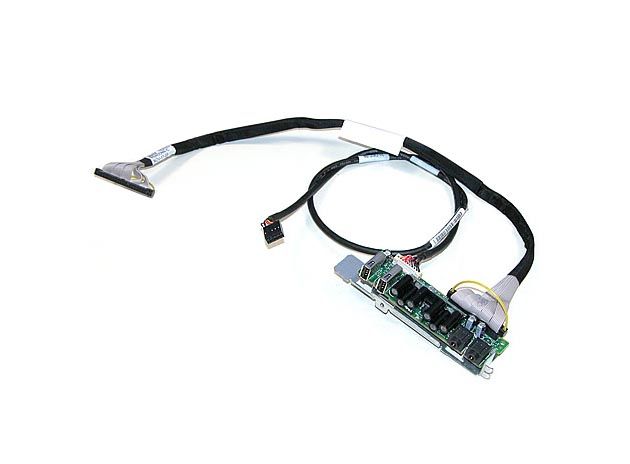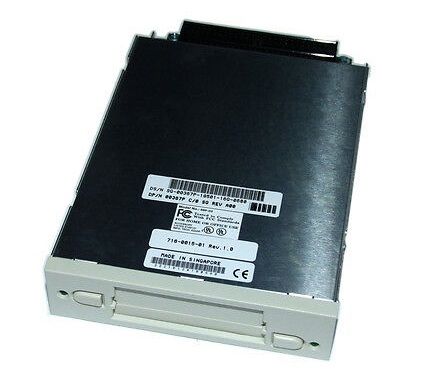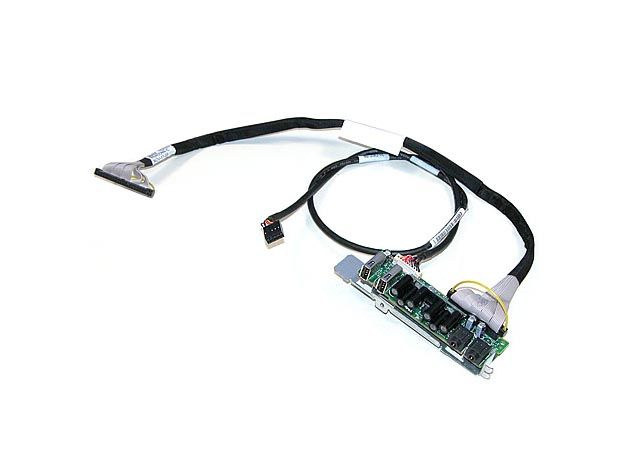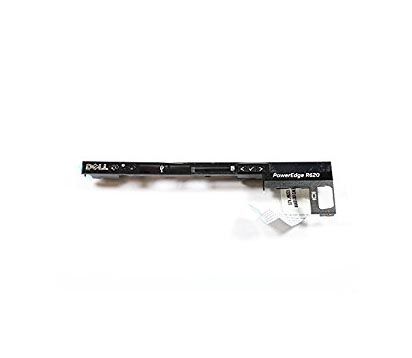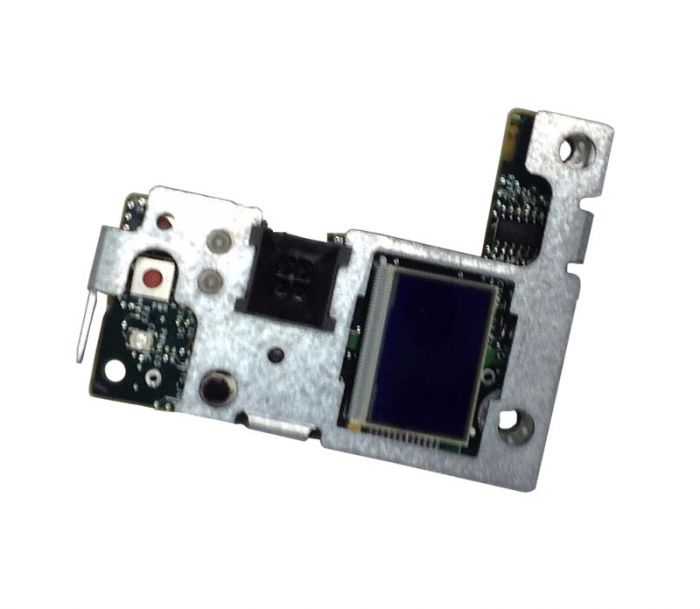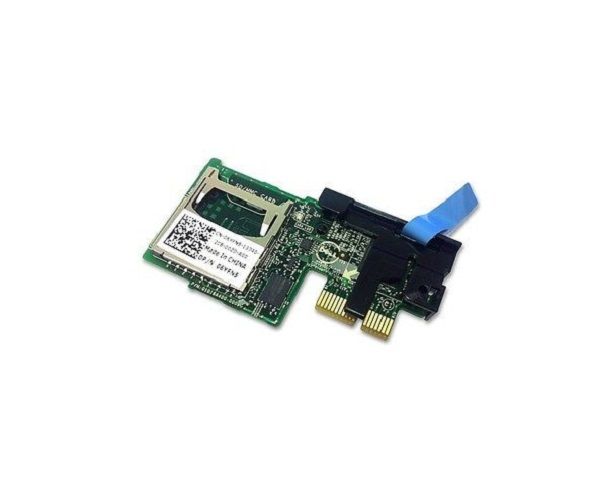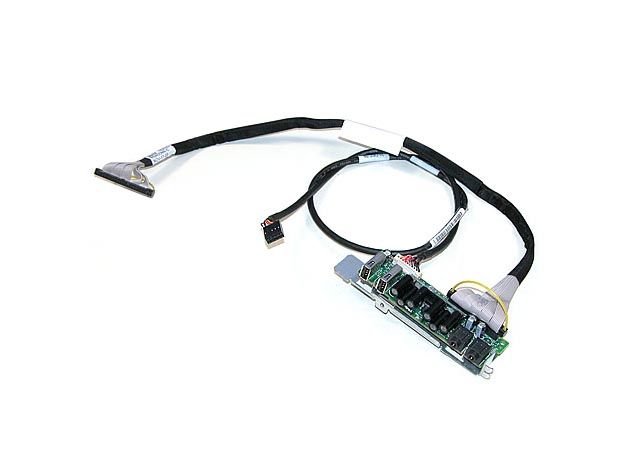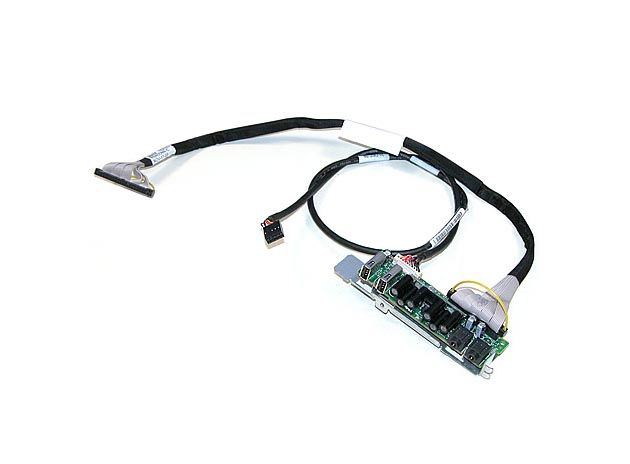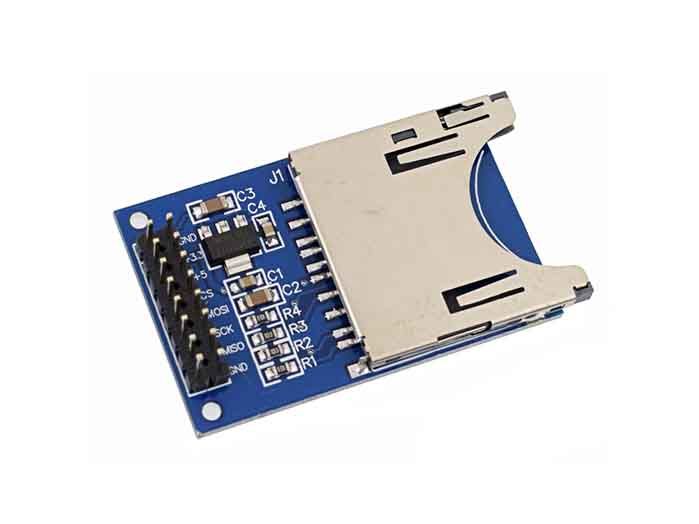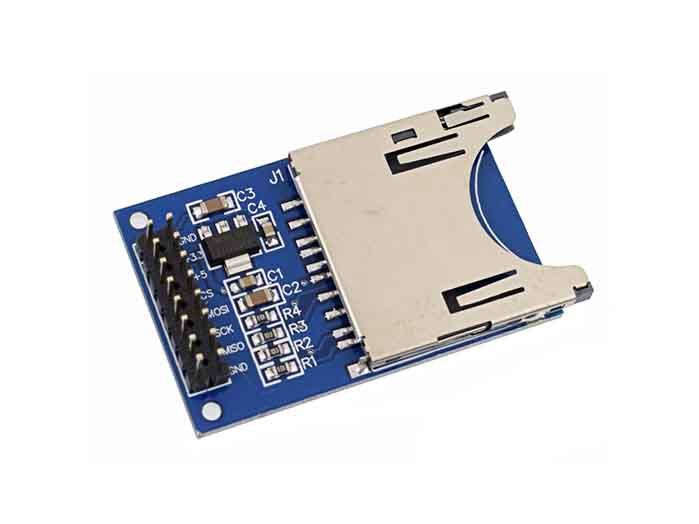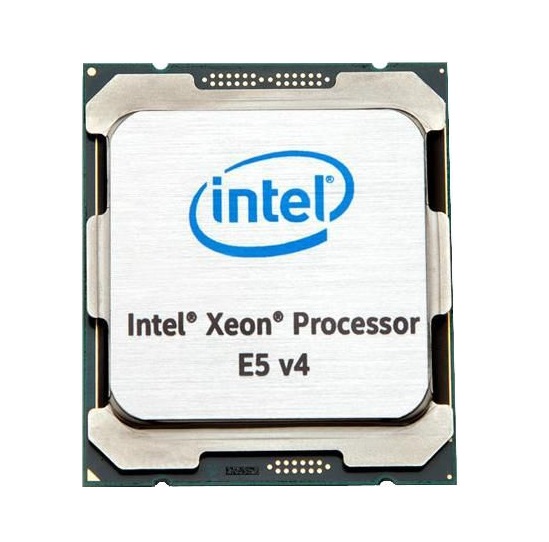CPUs and Processors
Welcome to our online store, where we offer a wide range of CPUs and processors for your computing needs. Whether you're building a new computer or upgrading your existing system, we have the right CPU or processor for you.
CPUs (Central Processing Units) and processors are the most important component of a computer system. They are responsible for executing all the commands and processing data. A good CPU or processor can make a significant difference in the performance of your computer, making it faster and more responsive.
Benefits:
High performance:A good CPU or processor can significantly improve the performance of your computer, making it faster and more responsive.
CPUs (Central Processing Units) and processors are the most important component of a computer system. They are responsible for executing all the commands and processing data. A good CPU or processor can make a significant difference in the performance of your computer, making it faster and more responsive.
Computer accessories are secondary hardware devices that complement the main components of a computer system. They are essential for enhancing the overall performance, functionality, and productivity of a computer system. In this article, we will discuss different types of computer accessories, their benefits, components, and maintenance. Computer accessories are designed to improve the user experience and enhance the functionality of computer systems. They provide the following benefits: Accessories such as solid-state drives (SSDs) and memory modules can enhance the performance of your computer system, allowing it to process data faster and more efficiently. Accessories such as ergonomic keyboards, mice, and monitor stands can help reduce discomfort and strain associated with prolonged computer usage. Accessories such as printers, scanners, and external hard drives can help users perform tasks more efficiently and increase productivity. Input devices include keyboards, mice, trackpads, and stylus pens. They allow users to interact with their computer systems and input data. Output devices include monitors, printers, speakers, and headphones. They allow users to receive information or output data from their computer systems. Storage devices include internal and external hard drives, solid-state drives (SSDs), and USB flash drives. They provide users with a means to store and access data. Networking devices include routers, modems, network switches, and Wi-Fi adapters. They allow users to connect their computer systems to the internet or other networks. Power accessories include power supplies, surge protectors, and uninterrupted power supply (UPS) systems. They protect computer systems from power surges and provide backup power during outages. Computer accessories consist of various components, including cables, connectors, adapters, and batteries. Cables such as HDMI, USB, and Ethernet are used to connect accessories to computer systems. Connectors such as VGA and DisplayPort are used to connect monitors to computer systems. Adapters such as USB-to-Ethernet and HDMI-to-VGA are used to convert one type of connector to another. Batteries are used to power wireless accessories such as keyboards, mice, and headphones. Proper maintenance of computer accessories is essential to ensure they function correctly and have a long lifespan. Here are some maintenance tips: Dust and debris can build up on accessories, affecting their performance. Use a microfiber cloth or compressed air to clean them regularly. Store accessories in a dry, cool, and dust-free environment to avoid damage. Check cables and connectors regularly for any damage or signs of wear and tear. Keep drivers and firmware updated to ensure optimal performance. In conclusion, computer accessories are essential components that complement the main hardware components of a computer system. They provide users with improved performance, better ergonomics, and increased productivity. With proper maintenance, accessories can function correctly and have a long lifespan.Computer Accessories
Benefits:
Improved Performance:
Better Ergonomics:
Increased Productivity:
Types of Accessories:
Input Devices:
Output Devices:
Storage Devices:
Networking Devices:
Power Accessories:
Components:
Cables:
Connectors:
Adapters:
Batteries:
Maintenance:
Keep accessories clean:
Store accessories properly:
Check cables and connectors:
Keep accessories updated:
Conclusion:
